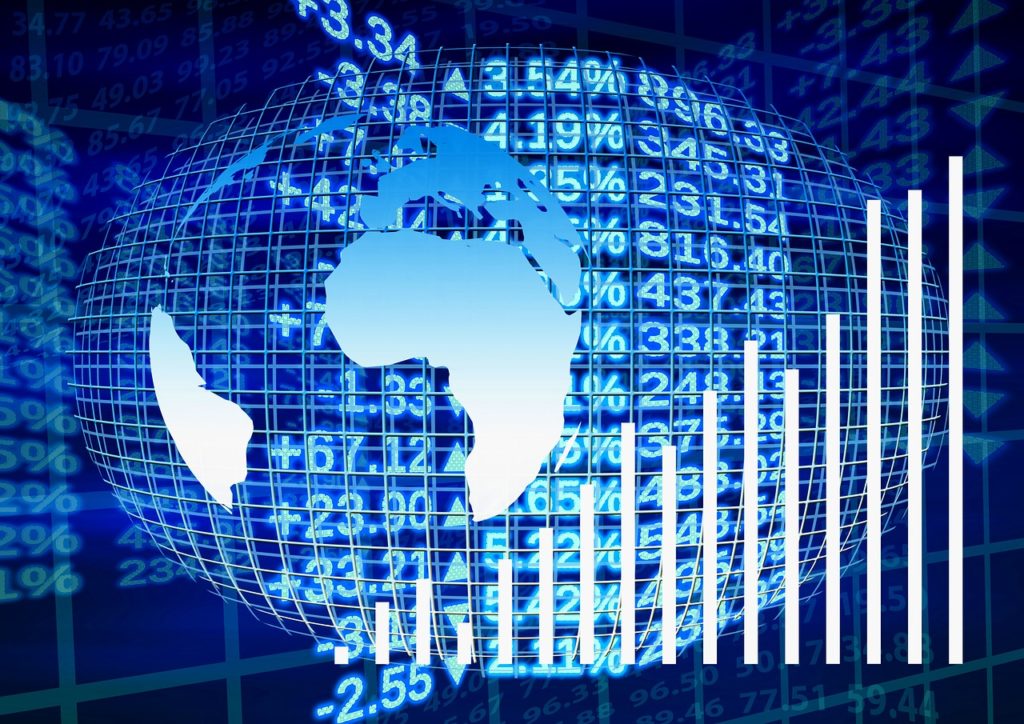Economics is an objective social science. It measures and examines the production, distribution, and consumption of goods and services. Economists also provide guidance on how a society might better manage its resources.
Economics courses also prepare students for a number of careers in the private and public spheres. Graduates are able to deal with complex information, and have a solid grounding in both business and social science.
Education
Most business courses include an Economics module. All university Arts programmes include Economics as an option. It is also available to study in tandem with a range of other subjects as part of joint degrees. These include Finance, Sociology, Financial Mathematics, or Politics & Law.
You will need to be interested in maths as there are plenty of statistics involved. There is also an emphasis on developing analytical abilities. Another common denominator of all economics programmes is the distinction between Micro- and Macroeconomics.
The former involves the analysis of individual actors in the economy – consumers, entrepreneurs, and so on – and how they are influenced by issues such as supply, demand and pricing. The latter deals with the economic interaction of larger bodies: international conglomerates, social groups, national economies, and so forth; and economic concepts such as GDP (Gross Domestic Product), unemployment, and inflation.
Specialisations in Economics degrees are available in topics such as policy – examining government intervention in the economy; Europe – looking at the economic challenges faced by the EU; development – issues surrounding the development of third-world economies; and history – getting to grips with the works of influential theorists such as Adam Smith and Karl Marx.
The Work
Economics graduates are well respected by employers for their understanding of the business and financial worlds, and their ability to analyse complex data. The subject is an excellent stepping-stone to a postgraduate specialism, which can lead to careers in accountancy, management, marketing, teaching, social policy, law, and the financial services.
Professional economists find work as media commentators, in government and EU departments, as lecturers and researchers, and as economic consultants for public bodies such as the ESRI and large private corporations.
Did you know?
As of June 2017, China had $3.057 trillion in foreign reserves. The only other country with reserves surpassing $1 trillion mark is Japan, which has approximately $1.2 trillion.
Further Resources
The Economic and Social Research Institute
The Economist magazine












Comments